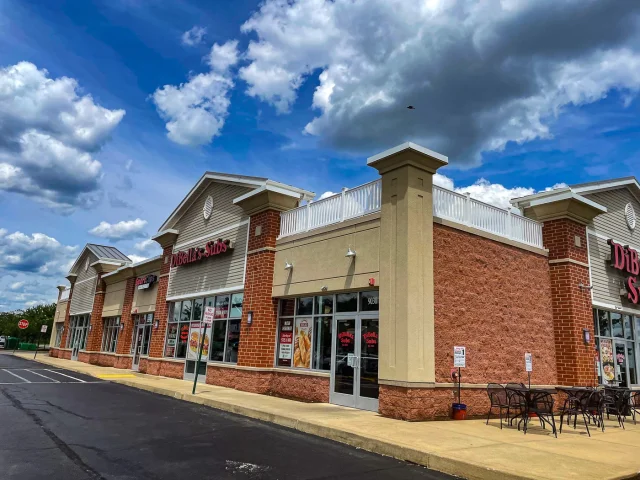As we gather to celebrate the Fourth of July with fireworks, barbecues, and parades, it’s a great time to reflect on Pittsburgh’s unique role in the Revolutionary War and how it helped shape our nation’s history. While Pittsburgh may not have been the site of major battles, its strategic importance and contributions were vital to the American cause.
Fort Pitt: A Strategic Outpost
Located at the confluence of the Allegheny and Monongahela rivers, forming the Ohio River, Fort Pitt was a critical outpost during the Revolutionary War. Originally built by the British during the French and Indian War, it was a key strategic location for controlling the western frontier. Fort Pitt served as a crucial supply depot, ensuring that American forces could carry out expeditions into the Ohio Country to disrupt British influence and secure alliances with Native American tribes.
During the war, Fort Pitt was a hub for diplomacy and military planning. The American forces used it as a base for operations, including negotiating treaties with various Native American tribes. These alliances were crucial in the frontier war against British forces and their allies.
Native American Alliances
Pittsburgh's role extended beyond just a military outpost. It was also a center for diplomatic efforts with Native American tribes. Maintaining these alliances was critical for the American cause. While some tribes supported the British, others sided with the Americans, influenced by negotiations held at Fort Pitt.
One notable event was the Fort Pitt Conference of 1778, which aimed to negotiate peace between the Americans and several Native American tribes. Although tensions remained high and conflicts continued, these efforts were crucial in securing the frontier and preventing a full-scale alliance between the tribes and the British.
Military Campaigns and Expeditions
From Fort Pitt, several key military expeditions were launched that played significant roles in the war. George Rogers Clark’s campaigns, for instance, aimed at capturing British forts in the Illinois Country, were pivotal in weakening British control over the western territories. These efforts, supported by resources and planning from Pittsburgh, contributed to the overall success of the American forces in the west.
Post-War Development
After the Revolutionary War, Pittsburgh's strategic importance did not diminish. The city grew rapidly as a gateway to the west, benefiting from the infrastructure and significance it held during the conflict. This growth laid the groundwork for Pittsburgh’s future as an industrial powerhouse and transportation hub.
Enjoying the Fourth of July in Pittsburgh
As we celebrate the Fourth of July, Pittsburgh offers a unique blend of historical reflection and festive activities. Here are some ways to enjoy the holiday while appreciating the city’s rich history:
-
Visit Fort Pitt Museum: Explore the history of Fort Pitt and its role in the Revolutionary War at the Fort Pitt Museum located in Point State Park. The museum offers fascinating exhibits and artifacts that bring the era to life.
-
Fireworks at Point State Park: Join the festivities at Point State Park, where you can enjoy a spectacular fireworks display over the iconic confluence of the rivers. It’s a great way to celebrate freedom while standing on historic ground.
-
Historical Tours: Take a guided tour of Pittsburgh’s historic sites, including the Fort Pitt Block House, the oldest surviving structure in Western Pennsylvania. These tours provide insights into the city’s role during the Revolutionary War.
-
Family Activities: Participate in family-friendly activities and reenactments at local parks and historical sites. These events offer a fun and educational way to engage with Pittsburgh’s history.
Reflecting on Freedom
The Fourth of July is a time to celebrate our nation’s independence and reflect on the sacrifices made by those who fought for our freedom. Pittsburgh’s contributions to the Revolutionary War, though often overshadowed by more prominent battle sites, were crucial in shaping the outcome of the war and the future of the United States.
As you enjoy the holiday, take a moment to appreciate the rich history that surrounds us and the enduring spirit of innovation and resilience that defines Pittsburgh. Happy Fourth of July, Yinzers!
For more information on Pittsburgh's role in the Revolutionary War and local Fourth of July events, check out these resources:























